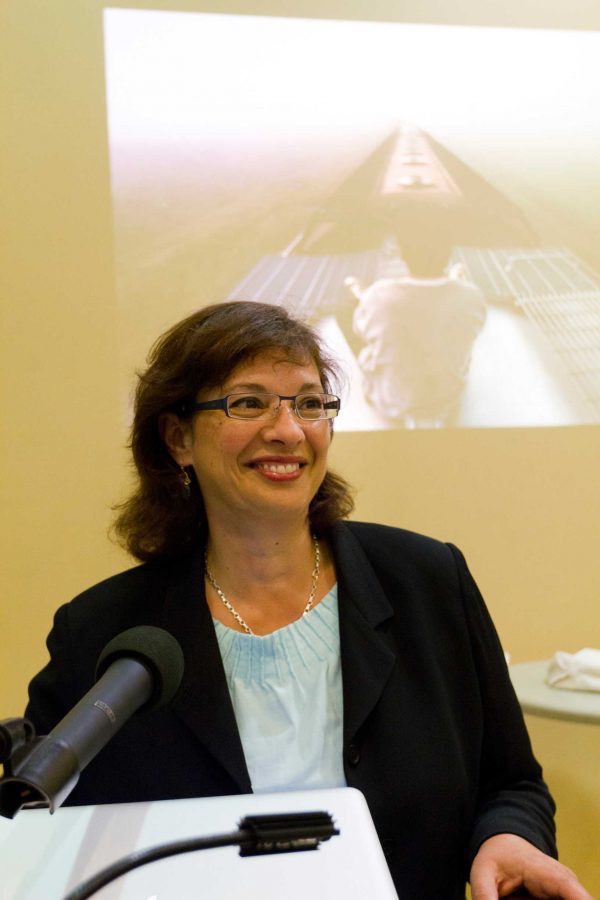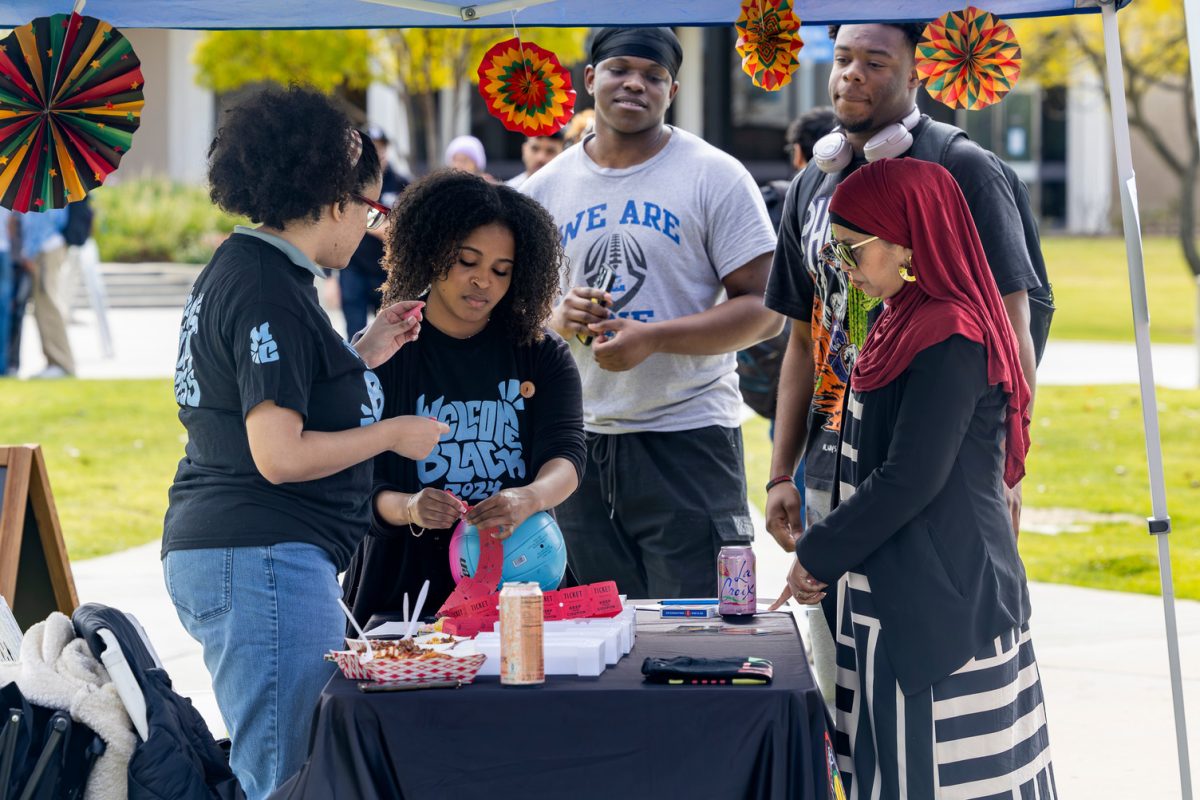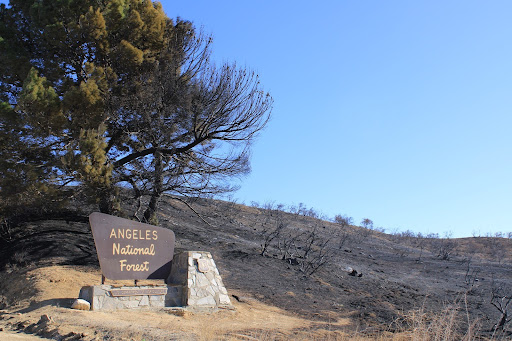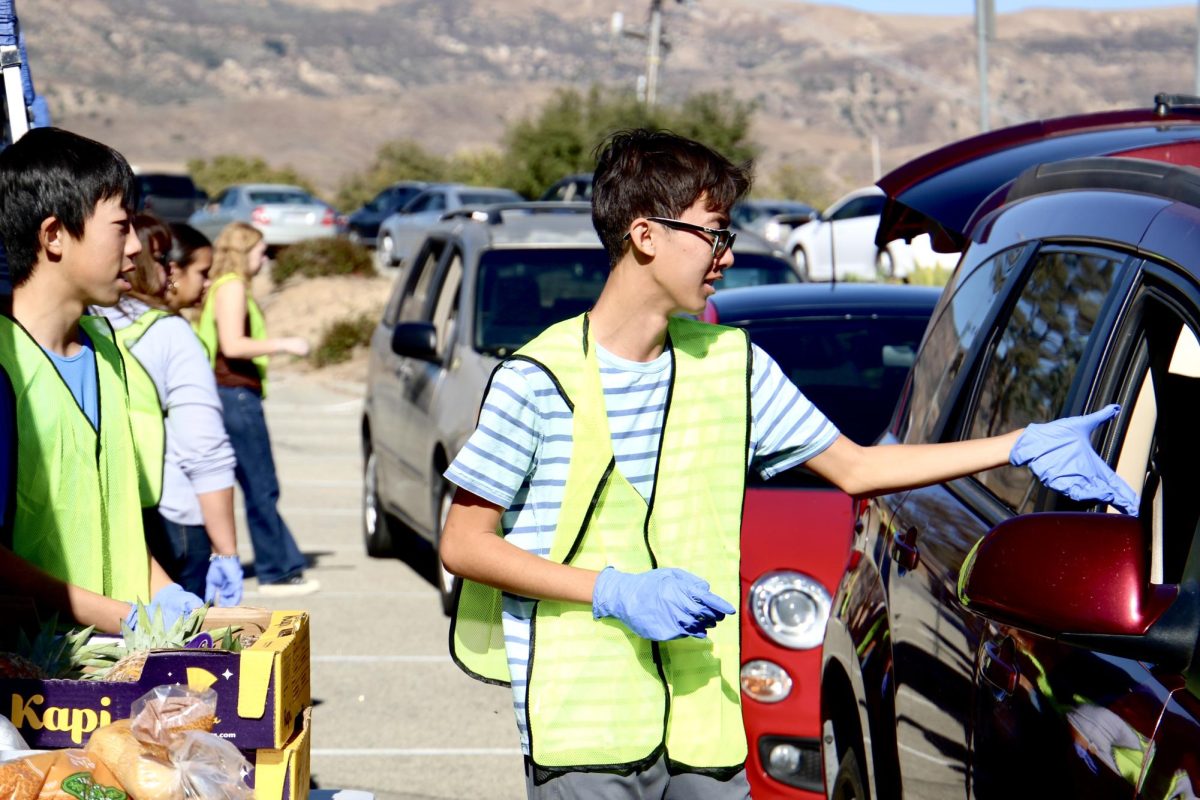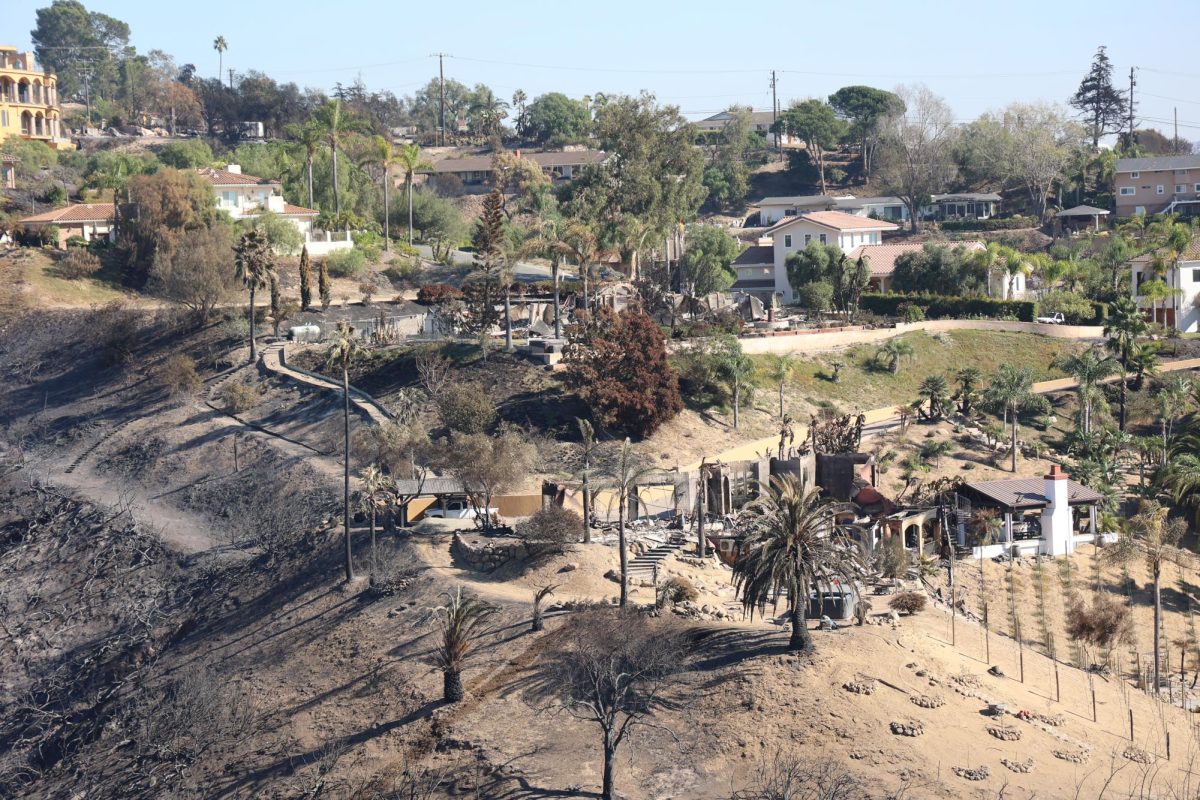Through her book “Enrique’s Journey,” journalist for Los Angeles Times, Sonia Nazario, explores the social -economical issues of some countries of Latin America as well as the U.S.’s immigration controversy and their impact on the American economy.
During her conference at Moorpark College, Nazario, who won a Pulitzer Prize in 2003 for her book, said that her idea of writing the story came out when Carmen, her private domestic worker, talked to her about how she arrived in the U.S. and the drama mothers face when they have to leave their kids to work hard and provide them with a better life.
“She [Carmen] left for the United States out of love,” wrote Nazario. “She hoped she could provide her children an escape from their grinding poverty.”
The journalist explained that Carmen also talked about how many kids, for example, her own, come to the U.S. desperately looking for their mothers. According to Nazario’s research, every year, thousands of children travel on top of a freight train called “El Tren de la Muerte” (The Train of Death), crossing Mexico and swimming across the Rio Grande as Enrique did.
“What kind of desperation, I wondered, pushes children as young as seven years old to set out, alone, through such a hostile landscape with nothing but their wits?” said Nazario.
Miriam Gutierrez, a 32-year-old psychology student at MC, who attended Nazario’s conference and her parents are Latin American immigrants, expressed her thoughts on how this story shows difficulties immigrants go through when they leave their countries.
“By reading this book is really interesting because you see how a lot of immigrants suffer,” said Gutierrez. “They come here to have a better life, but it is not easy for them to live here.”
Nazario met Enrique in 2000 while she was visiting many shelters and churches at Mexico, looking for a 15-year-old kid who traveled on “El Tren de la Muerte” for clues to find his mother.
Mary Umekubo, a 59-year-old English student at MC, embraced the enthusiasm Nazario showed about her story.
“She seems to me very passionate about migrants’ problem in Central America,” said Umekubo. “I admire that.”
On the impact of immigrants on the American economy, she said that on one hand, they help more businesses to be open because companies can get cheaper workers, but on the other hand they make education and other services that they use, such as emergency room visits and jails, to be more expensive.
“All those things are up to several billion dollars in California,” said Nazario. “So we gain in terms of businesses, but there is a large cost on local.”
Diane Scrofano, an English instructor at MC and the organizer of this event, said that “Enrique’s Journey” is helpful for students to understand about American issues like illegal immigration.
“Following someone specific like Enrique really gets students to connect on a personal level with the subject they may start as an issue like illegal immigration in the abstract,” said Scrofano.
Nazario said she learned about Enrique’s courage, determination and to be grateful for things she has through the process of writing. According to the journalist, her book has a message about comprehension.
“I think the book humanizes immigrants and takes people inside one family,” she said, “to help you to understand what’s driving people to come here.”
“Enrique’s Journey” is a medium that shows these days society and what’s coming in the future.

